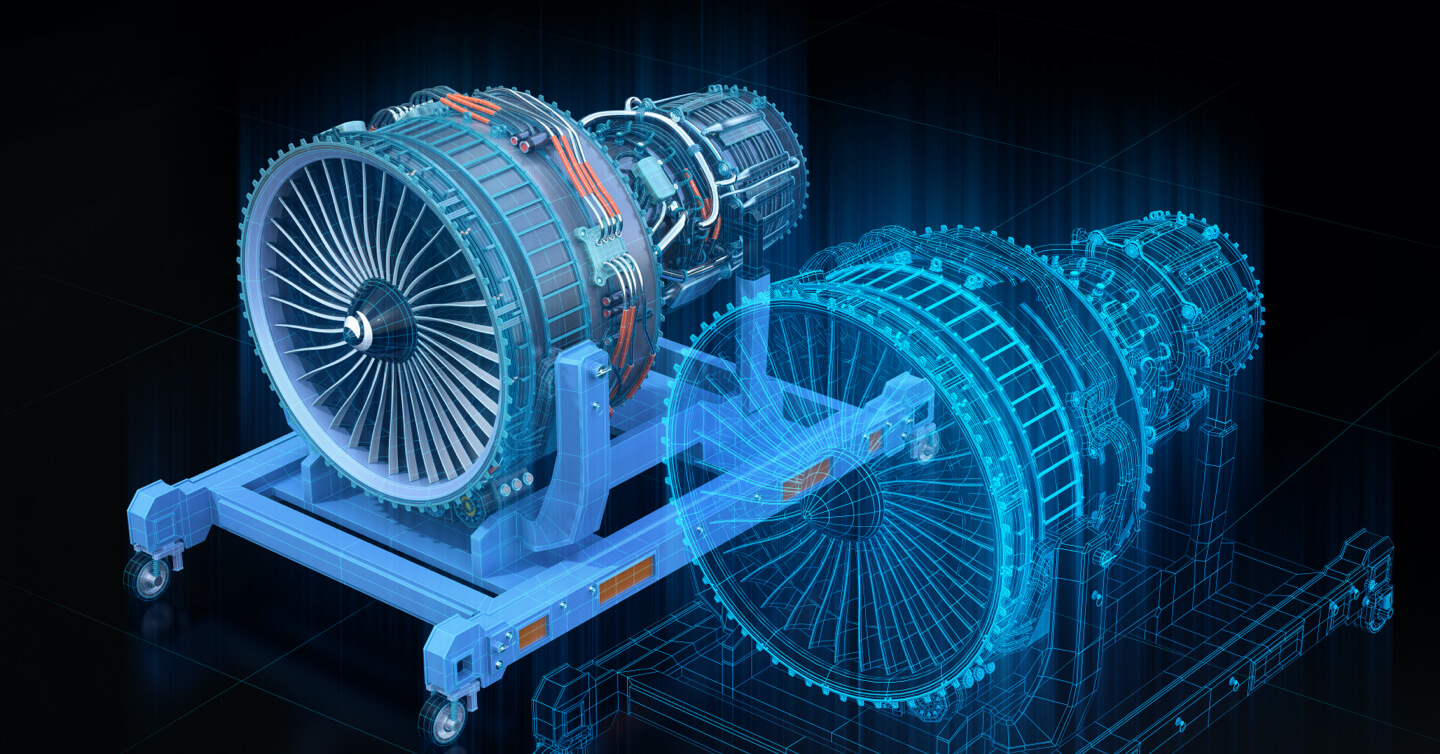Jodi Reeve
Improving blowing actuator technology to reduce drag force.
Email: j.reeve1@ncl.ac.uk
Supervisors
School of Engineering
School of Mathematics, Statistics and Physics
School of Computing
Project description
This project will contribute to reducing energy consumption and global transport emissions. We are developing a new machine learning paradigm. It will use intelligent approaches to reduce the skin-friction drag force on the surface of aerodynamic vehicles. These include aeroplanes, trains and ships.
Actuators placed and operated across an aerodynamic surface can control wall turbulence. Statistical representation and machine learning algorithms will determine when, where and how to use them.
We will use Bayesian optimisation techniques to find optimum operating conditions. In new blowing technology, this will minimise the skin-friction drag force over the aerodynamic surface.
We will use Bayesian inference to update knowledge between experimental runs based on observed data. This will allow rapid, real-time optimisation of an aerodynamic surface. It will also reduce the number of experiments needed. Such a systematic approach is yet to be exploited in the field of fluid dynamics. It will enable the rapid discovery of new actuation techniques and drag reduction mechanisms.
We will develop efficient blowing actuator technology and a real-time machine learning framework. We will use the technology in a series of wind tunnel experiments to reduce turbulent skin-friction drag.
Interests
Fluid dynamics, Bayesian Theory statistics, machine learning.
Qualifications
- BEng Mechanical Engineering
